
Tinubu’s ₦712 Billion Lagos Airport Renovation Exposes Nigeria’s Spending Crisis—Costs More Than New Terminals Abroad
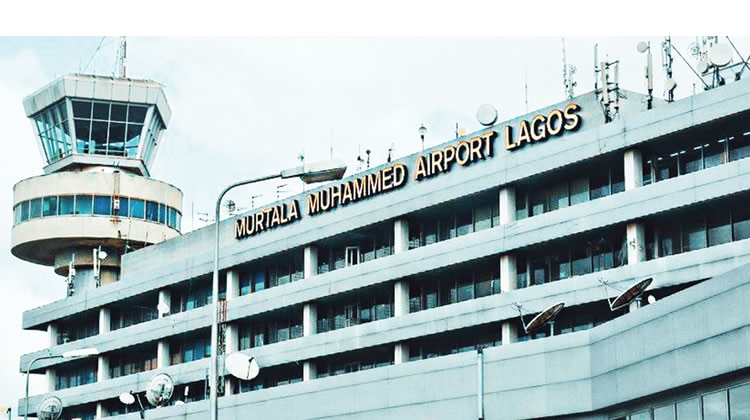
The Federal Government’s plan to spend ₦712.3 billion (approximately $1.75 billion) on the renovation of Terminal 1 at the Lagos Murtala Muhammed International Airport (MMIA) has drawn criticism, as comparisons with similar international airport projects suggest the cost is unusually high, even by global standards.
While Aviation Minister Festus Keyamo has defended the price tag, urging Nigerians to “Google the cost of most modern airports,” data from recent international projects reveal that even countries with stronger currencies and higher infrastructure costs are spending far less on equivalent or larger upgrades.
The government’s comparison to airports in Europe and Asia is being met with derision, as Tinubu’s regime is recklessly spending public funds. At the same time, the majority of Nigerians struggle with hunger, joblessness, insecurity, and failing infrastructure.
In the United States, Pittsburgh International Airport is undergoing a comprehensive modernisation, including a new terminal building and roadway infrastructure, for $1.57 billion, still less than Nigeria’s MMIA renovation, despite servicing over 9 million passengers annually. Likewise, Tampa International Airport is constructing a new 16-gate terminal at $1.5 billion, and Sacramento International is expanding its terminal and adding transit facilities for $1.3 billion.
Meanwhile, in Asia, Singapore’s Changi Airport, one of the most advanced in the world, recently completed a large-scale expansion of Terminal 2 for an estimated $1 billion, increasing capacity by 5 million passengers. Bangkok’s Suvarnabhumi Airport opened a new satellite terminal in 2023 at a cost of $1 billion, dramatically boosting gate capacity and passenger throughput.
By contrast, the MMIA Terminal 1 project involves refurbishing a terminal constructed in the 1970s. It is not a new terminal nor an airport-wide overhaul. And while the government has argued that the cost includes road upgrades, apron expansion, and complete structural rework, many remain unconvinced.
This price tag is implausible by international standards. Unless this includes building a second runway, a new rail link, or an entirely new terminal, it is difficult to justify $1.75 billion for a renovation.
The airport is currently underutilised. In 2024, MMIA handled just 6.5 million passengers, less than half its current capacity of 14 million. This suggests that the renovation is not an urgent necessity but a vanity project disguised as development.
Opposition leaders say the decision illustrates the Tinubu regime’s growing obsession with prestige projects while basic public services collapse. The African Democratic Congress (ADC) issued a scathing statement, calling the project “another brazen act of fiscal recklessness and official insensitivity,” and questioned why such an enormous amount would be devoted to airport luxury. At the same time, hunger, hardship, and insecurity continue to affect everyday Nigerians.
It is hard to understand how expending ₦712 billion into renovating an airport that already received significant upgrades in recent years makes fiscal sense in a country where public universities wallow in chronic austerity, where basic medical care, has become a luxury that only the rich can afford, where millions of Nigerians have been thrown into poverty as a result of government’s ill-conceived policies. The Murtala Muhammed International Airport in Lagos remains functional and serviceable” said ADC pokesperson Bolaji Abdullahi
Many have called for a full breakdown of the spending plan, warning that the lack of transparency risks turning the project into a symbol of fiscal irresponsibility under the Tinubu administration. Many have noted that even in developed countries, billion-dollar airport investments typically come with detailed disclosures and public oversight.
President Tinubu is increasingly being viewed as out of touch. His regime’s decision to eliminate fuel subsidies, which has increased the cost of living, was supposed to free up funds for national development. But, rather than being channelled toward rural electrification, agricultural resilience, or public healthcare, a significant portion is now earmarked for an airport terminal catering to elites and foreign travellers.
While the government insists that the funds come from domestic sources and not loans, the optics remain politically damaging. As inflation surges past 32 per cent and as millions fall below the poverty line, the regime appears determined to prioritise concrete over compassion.
Unless the presidency provides a transparent, independently verified cost breakdown and aligns spending with the needs of ordinary Nigerians, many fear this administration is repeating the exact failures it once promised to correct.
Read More:
- Chagoury, Linked to Abacha-Era Money Laundering, Lands $700M Port Contract With Tinubu Government
- Niger Unveils Upgraded Version Of Locally Made IFVs As Part Of Sahelian Push For Defence Autonomy
About The Author
Related Articles
MultiChoice Pumps GH¢200 Million Into Ghana’s Creative Industry
MultiChoice Ghana has invested more than GH¢200 million into the country’s creative...
ByWest Africa WeeklyMarch 5, 2026FIFA Confirms DR Congo Playoff Spot, Ending Nigeria’s World Cup Dream
Nigeria’s hopes of qualifying for the 2026 FIFA World Cup have come...
ByWest Africa WeeklyMarch 5, 2026Ghanaians to Travel to St Kitts and Nevis Without Visa
Ghanaian citizens will soon be able to travel to the Caribbean nation...
ByWest Africa WeeklyMarch 5, 2026Ghana Records Sharp Drop in Inflation, Lowest Since 2021
Ghana’s inflation rate dropped to 3.3 percent in February 2026, marking the...
ByWest Africa WeeklyMarch 5, 2026






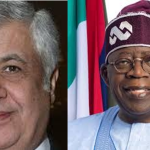

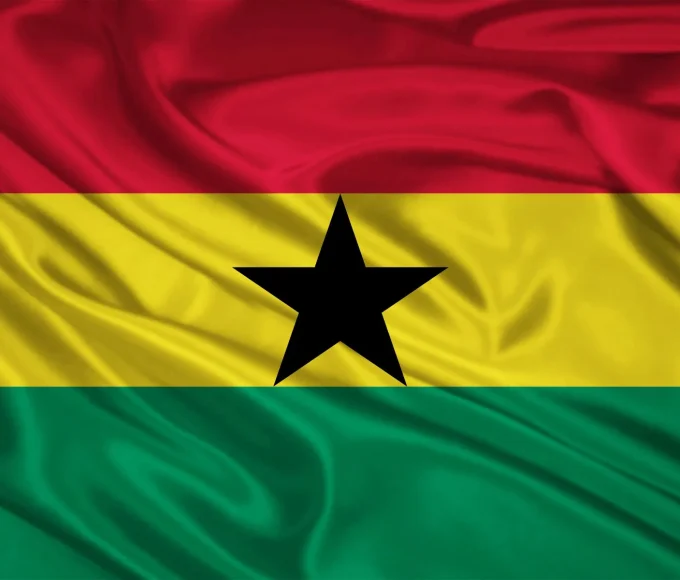
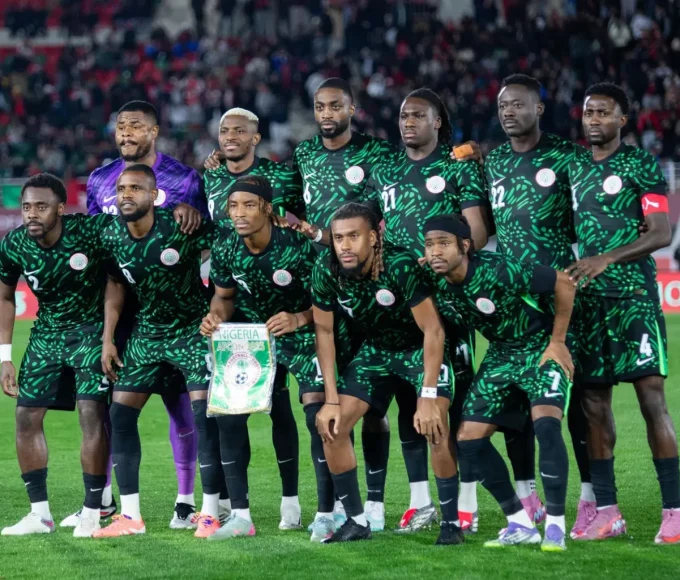
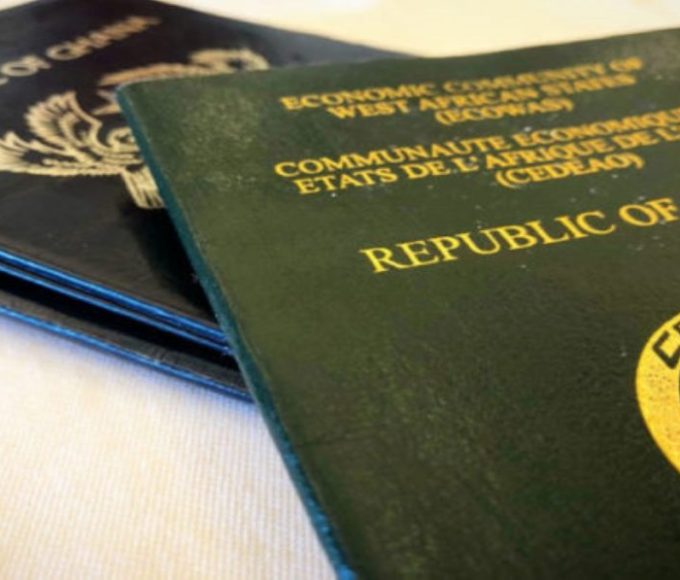
Leave a comment